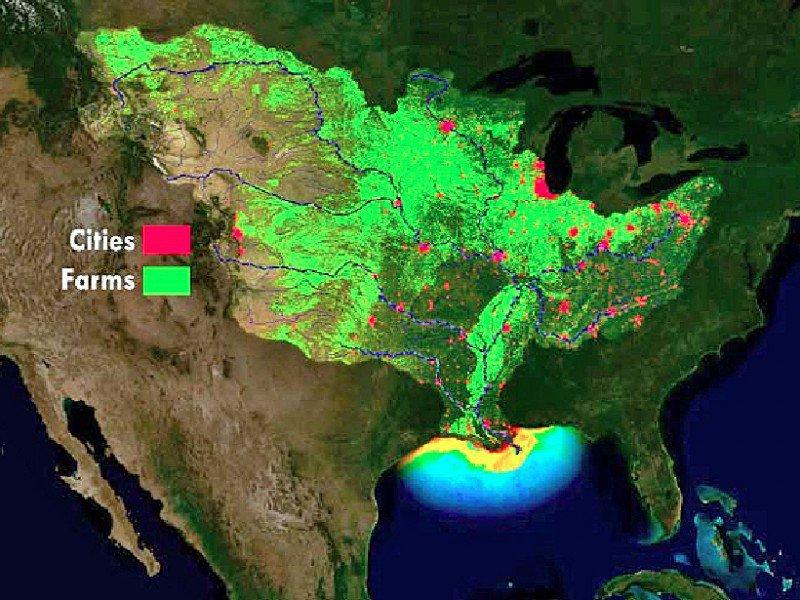Deadline for $1 million Dead Zone Challenge is fast approaching
The deadline for Tulane University’s $1 million Nitrogen Reduction Challenge is less than a week away.
The Tulane challenge team is seeking in-field solutions to reduce nitrogen runoff, with the goal of combatting hypoxia and “dead zones.” Hypoxia is a deadly deficiency of oxygen that creates annual “dead zones” in the world’s lakes and oceans, killing marine life and threatening the economies of coastal regions, including the Gulf of Mexico, which is the second-largest dead zone in the world.
The $1 million cash prize will be given to the team that presents the best solution to combat hypoxia.
All interested groups are required to register by the extended deadline of Aug. 15 at challenge.tulane.edu. The registration process consists of name, biography and a one-page abstract.
International competitors, including for-profit companies, non-profits, government agencies, farmers, universities, individuals, or any combination thereof, are encouraged to apply.
Up to five semi-finalists will be selected by November 2016 and provided a plot of farmland in northeast Louisiana to field test their innovation.
The winning entry, which must maintain or increase agricultural yields while reducing nutrient runoff, will be selected by the National Challenge Advisory Committee and awarded the grand prize in December 2017.
The Tulane Nitrogen Reduction Challenge is funded by Phyllis Taylor, president of the Patrick F. Taylor Foundation and a member of the Board of Tulane.
“I believe a market-based solution which rewards innovation and risk taking has the potential to create a sustainable and significant new technology for addressing hypoxia,” Taylor said.
“I've been traveling the country recruiting and networking with potential teams to ensure quality and diverse competitors register,” Challenge Director Leah Berger Jensen said. “I simply cannot wait to see what types of innovations come out of this Challenge.”

